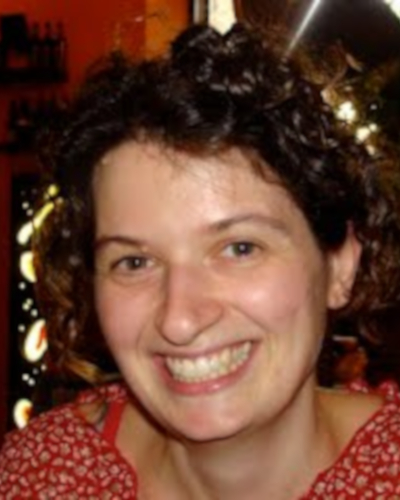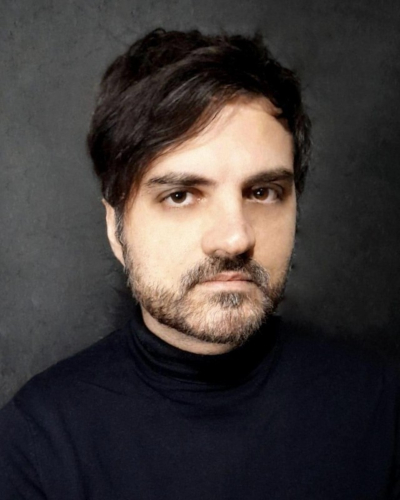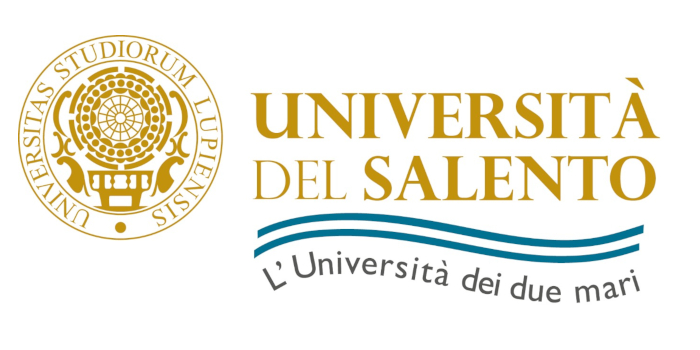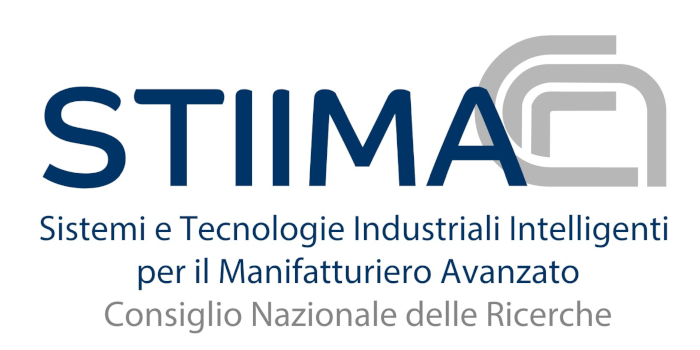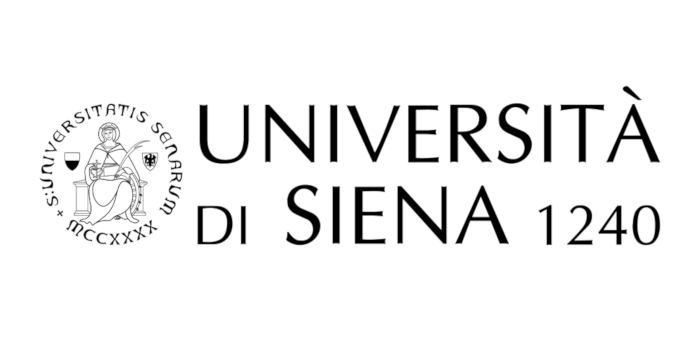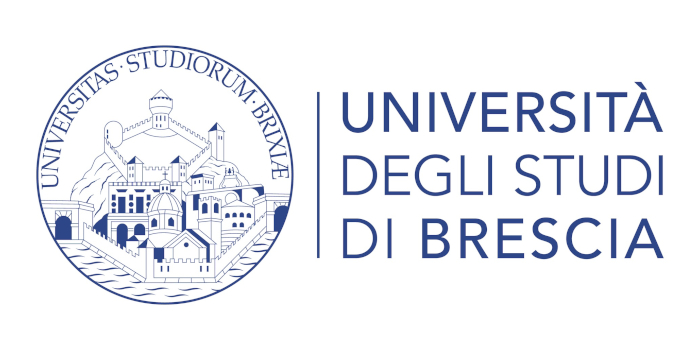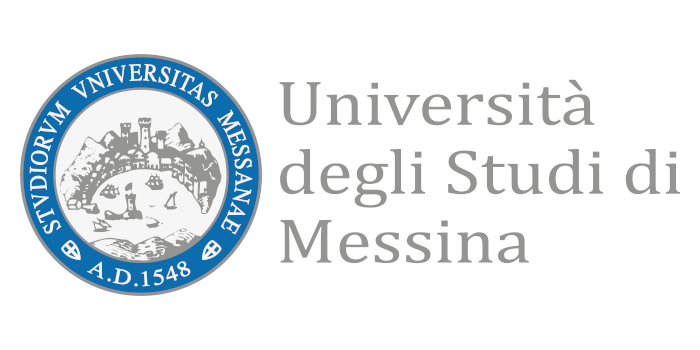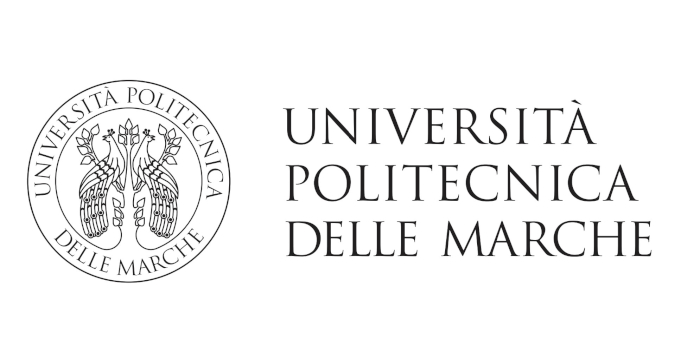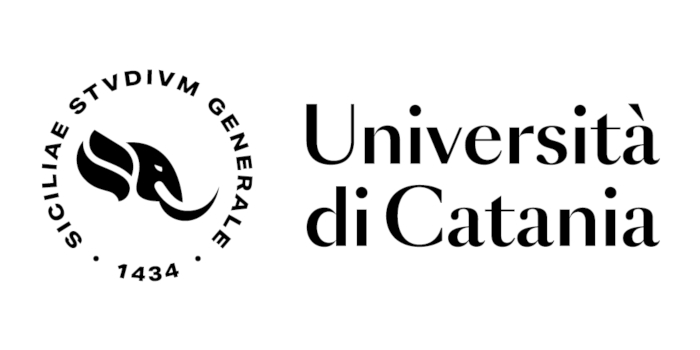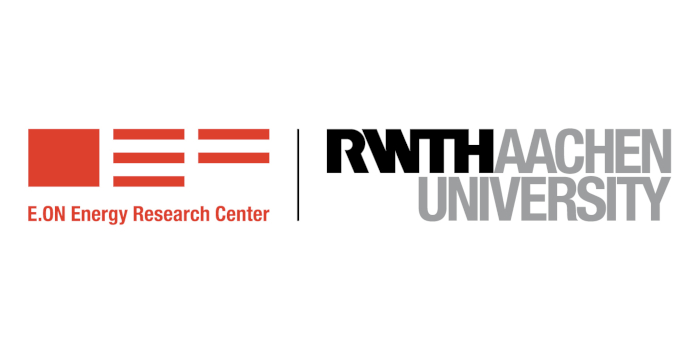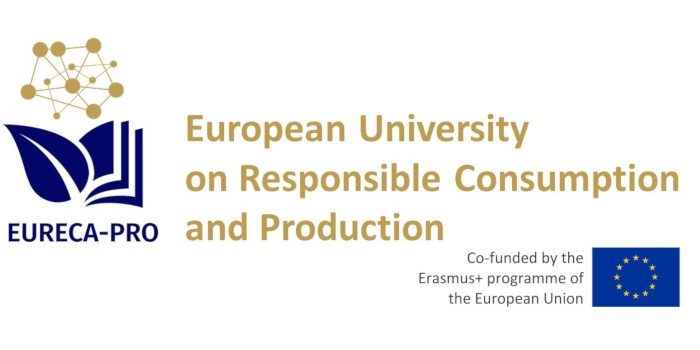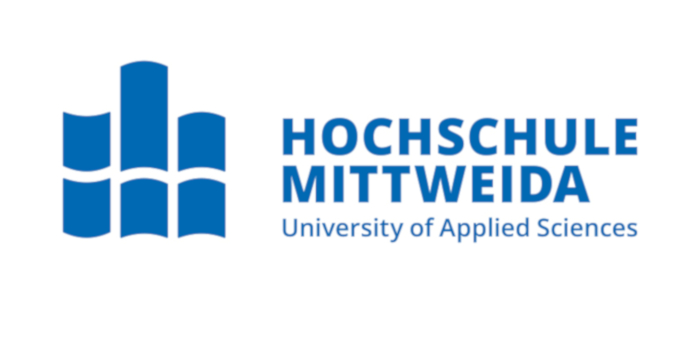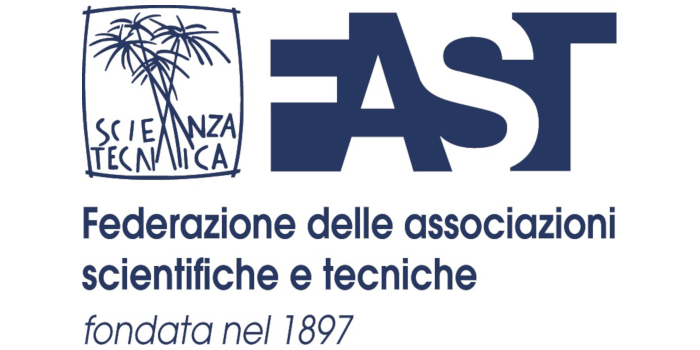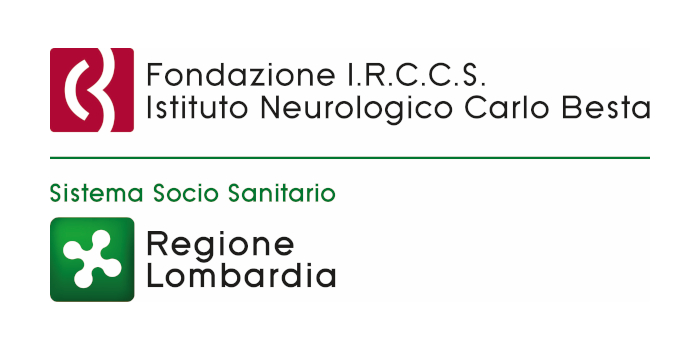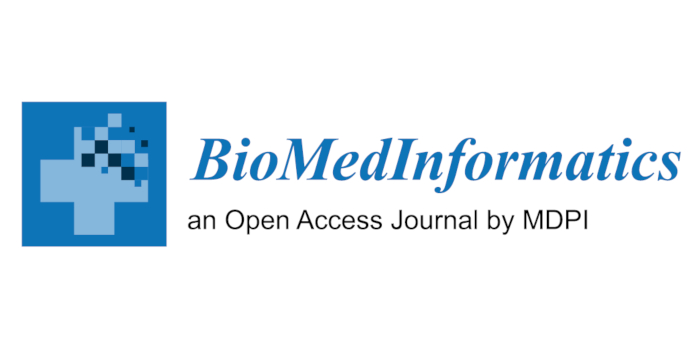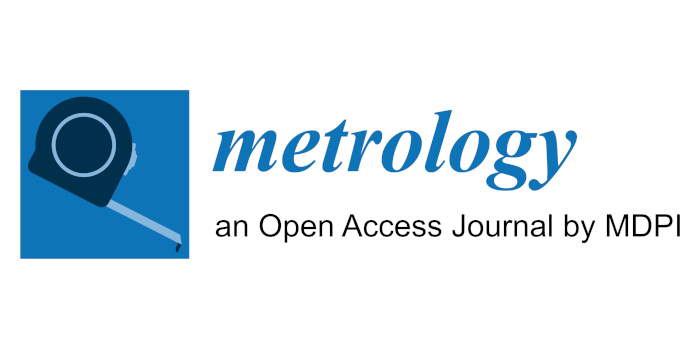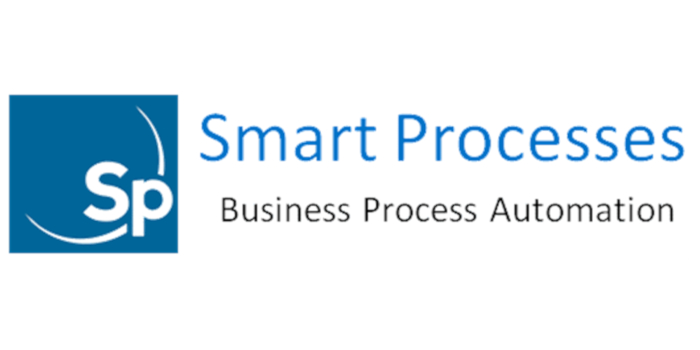SPECIAL SESSION #32
Soft Metrology: Advances for psychological and human factors in digital society
ORGANIZED BY
Mario Angelelli
Department of Human and Social Sciences, University of Salento, Lecce, Italy
Serena Arima
Department of Human and Social Sciences, University of Salento, Lecce, Italy
Enrico Ciavolino
Department of Human and Social Sciences, University of Salento, Lecce, Italy, and WSB University, Gdańsk, Poland
Giovanni D'Errico
Department of Applied Science and Technology, Politecnico di Torino, Turin, Italy
ABSTRACT
The development of digital platforms, sensor networks, and cloud services to acquire and analyse a large volume and variety of signals requires new methodologies for their proper interpretation. Challenges posed by measurement uncertainty for conceptual constructs are a driver for methodological and applied research, as they guide the definition of innovative models and computational tools to extract useful knowledge from data and signals, avoiding their misuse.
This special session aims at providing a broad view on recent advances in Soft Metrology, namely, methodological, and technological frameworks to better address complexity and uncertainty in psychometric measurements, bounded rationality phenomena, and social behaviour. Soft Metrology is also concerned with standardising new data production procedures using innovative technologies. The technological presentation of stimuli (e.g. XR-based), and the use of neuro/biosensors for the acquisition of psychophysiological signals seek an objective and quantitative front to the measurement of psychological and human factors.
The session calls for both modelling and applied research: proof-of-concepts, experimental outcomes, formal results, or numerical simulations concerning model choice and measurements of conceptual constructs in simulated or real environments. Submissions of work more oriented towards the use of innovative stimulus production technologies and bio/neurosignal acquisition setups for measuring human and psychological constructs are also welcome.
Main attention is paid to the interaction of human and artificial intelligent agents, the semantic analysis of textual or verbal data, sentiment analysis, human factor in cyber-physical systems.
MAIN TOPICS
Topics of interest for this Special Session include (but are not limited to):
- Methodological frameworks for the multidimensional analysis of latent constructs
- Model uncertainty and measurement error in soft metrology
- NLP, text mining, and tools supporting psychometric analysis of textual data
- Explainable AI and estimation of structural relations among latent constructs
- Soft cyber-risk: perception and human factors in cybersecurity
- Assessing user and technology maturity in Big Data and AI adoption
- Cognitive factors underlying misinformation: digital tools to mitigate information overload
- Computational sociology and data science for human and social sciences
- Instrumental solutions for enhancing the accuracy and robustness of biosignal measurement systems
- eXtended Reality (XR) for psychometric applications
- Application in cognitive and affective neuroscience
ABOUT THE ORGANIZERS
Mario Angelelli is a Research Fellow at the Department of Innovation Engineering of the University of Salento, Italy, and an Adjunct Professor at the Department of Law and Business Studies at LUM University. He received his PhD in Physics at the University of Salento, focusing on algebraic and geometric methods for the study of complex systems. His current research activities concentrate on decision-making and reasoning under uncertainty, combining statistical, order-theoretic, and information-theoretic approaches for psychometric applications: cyber-risk perception and assessment, ambiguity modelling, and business value creation in Big Data adoption. He is a member of INdAM (National Institute of Higher Mathematics) and conducts applied research within the CAMPI laboratory at the University of Salento.
Serena Arima is Associate Professor of Statistics at the University of Salento and a member of the PhD in Data Science of the University of Rome “La Sapienza”. From 2003 to 2020, she has held courses in Statistics and Probability, for both Bachelor and Master level of Economics courses at the University of Rome “La Sapienza”. She also held courses of Bayesian statistics and Biostatistics for several PhD schools. She has coordinated or participated in several regional and national projects. She authored more than 50 papers. The activity of methodological research concerns Bayesian methods with focus on latent trait models and model choice issue. In particular, she focused on hierarchical Bayesian models for small area estimation when covariates are affected by measurement error developing alternative estimators and defining alternative computational tools. Applied research is mainly focused on biostatistics application, with particular focus on gene expression and proteomic data.
Enrico Ciavolino is Associate Professor in Psychometrics at the University of Salento in Italy and Adjunct Professor of Multidimensional Data Analysis at WSB University in Poland. He is member of the scientific committee of the Human and Social Sciences PhD course. He is the Executive Managing Editor of the WoS & Scopus Journal: Electronic Journal of Applied Statistical Analysis. He published more than 70 papers in national and international journals in the field of Psychometrics and Statistics. In 2017 and 2018, he received the Seal of Excellence by the European Commission (EU Framework Programme for Research and Innovation 2014-2020).
Giovanni D'Errico received the M.S. degree in Computer Science Engineering in University of Salento. He is currently a PhD student at the Polytechnic University of Turin (doctoral school in Metrology). His current research interests include the study of Passive Brain Computer Interfaces (BCI) and eXtended Reality (XR) solutions to foster the EEG-based measurement of mental states. His past research interests include the study of XR applications and gamification in the context of smart cities, cultural heritage smart fruition and neurocognitive rehabilitation. He is currently part of AVRLab (University of Salento) and ARHeMLab ( University of Naples Federico II).



